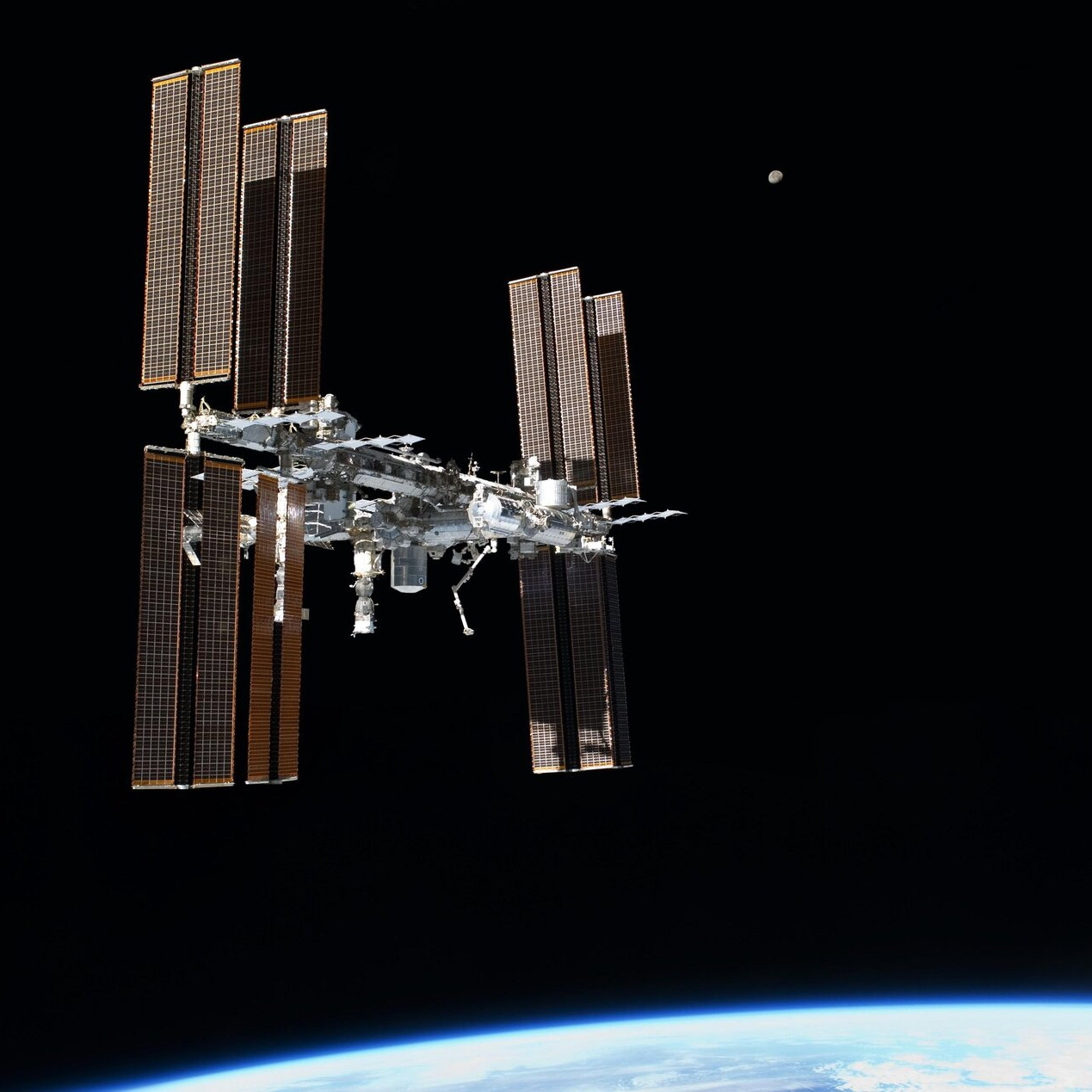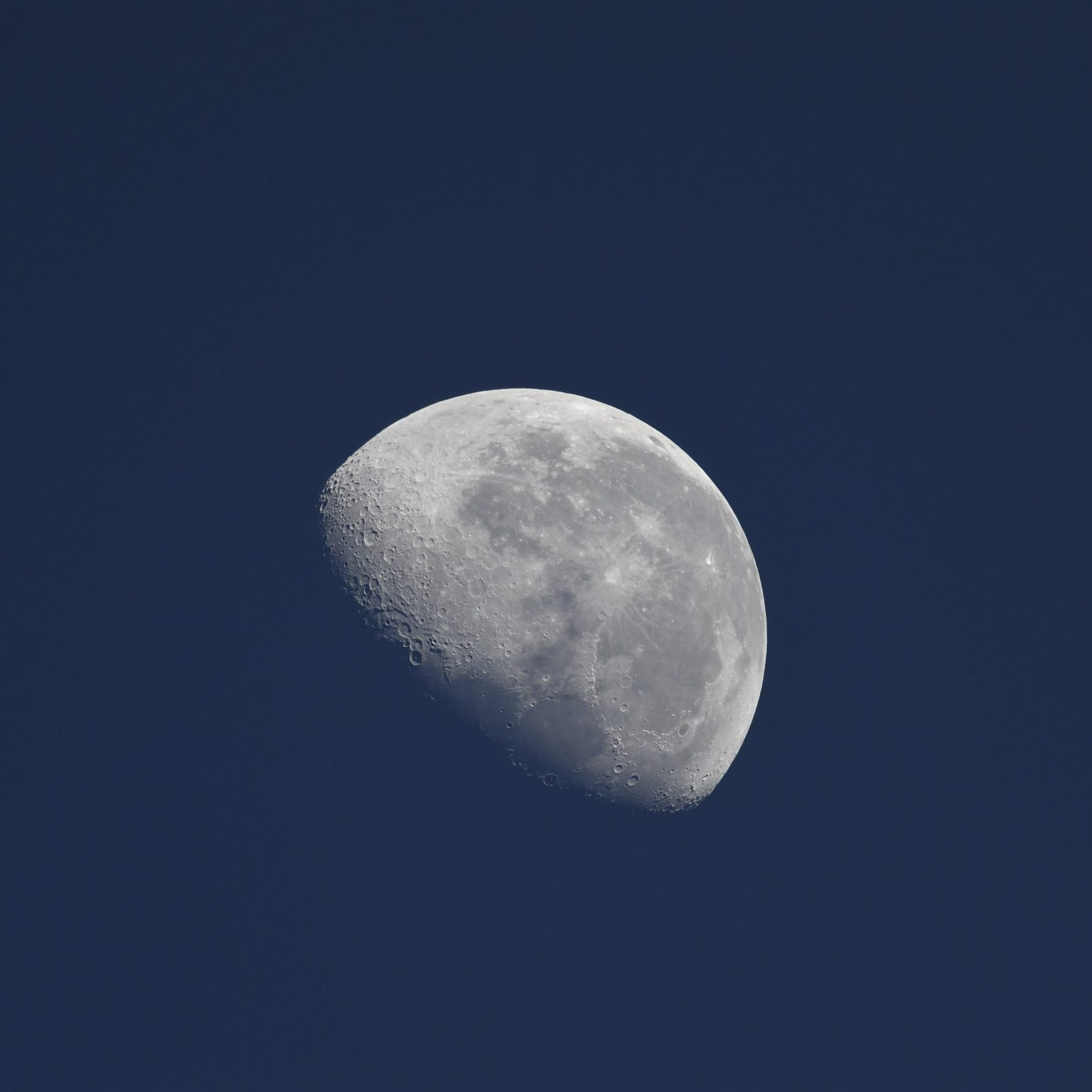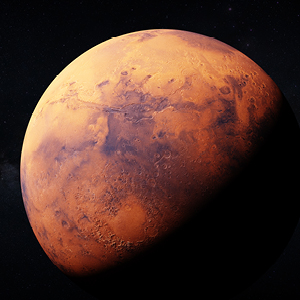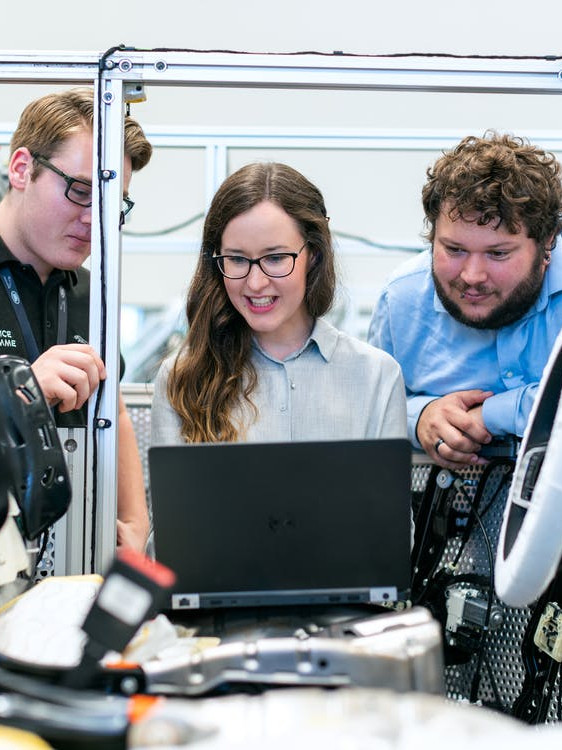HUMAN AND ROBOTIC EXPLORATION
TERRAE NOVAE
ESA’s vision is to ensure Europe’s central role in the new era of global space exploration. The long-term goal is to lead Europe’s human journey into the Solar System by using robotic missions as precursors and scouts.
Space exploration excites all generations. It has the potential to align national and international goals to maintain forward progress for humanity.
Forward thinking decisions are required to initiate the projects which will determine Europe’s role in global space exploration for the next decade and beyond. Space exploration is focused on destinations in our Solar System where humans will someday live and work, building on our continuous 20-year presence on the International Space Station.
In 2016, responding to the European Exploration Strategy, the ESA Council meeting at Ministerial level created the European Exploration Envelope Programme (E3P) which integrates all ESA’s existing space exploration efforts into an affordable, purposeful and exciting programme.
OBJECTIVES
Terrae Novae is an ambitious, affordable programme with four key goals for the coming decade
- The first Europeans to travel beyond Earth’s orbit, and maybe the first European on the Moon.
- The first European commercial services for Moon exploration, stimulating the lunar economy.
- The first test of the feasibility of using space resources to enable sustainable space exploration.
- The first round-trip to Mars to return samples to be analysed in European laboratories for decades to come.
EXPLORATION
Why explore?
The intangible desire to explore and challenge the boundaries of what we know and where we have been has provided benefits to our society for centuries.
Space exploration helps to address fundamental questions about our place in the Universe and the history of our solar system. It stimulates knowledge gain, innovation and inspiration.
International cooperation is a key pillar of ESA’s exploration efforts – it realises the benefits and opens new perspectives for future challenges. A global space exploration endeavour creates new opportunities for addressing humanity’s global challenges.
Where?
ESA focuses on three destinations
Low-Earth-Orbit

The International Space Station (ISS) has been permanently inhabited since 2000. The current crews consist of six astronauts of different nationalities. Research on-board the ISS advances scientific knowledge in many domains, in particular in the fields of life and physical sciences and the ability for humans to work and live in extreme environments. The ISS also hosts payloads for Earth observation, astrophysics and technology demonstrations.
Moon

A total of 12 US astronauts visited the lunar surface from 1968 to 1972 during the Apollo programme. Future planned missions to the Moon will allow us to learn more about the resources and hazards for humans beyond Low-Earth-Orbit. These missions will advance broader scientific questions related to the history of the Solar System and the emergence and co-evolution of life on Earth.
Mars

Before humans can leave their boot prints on the dusty surface of Mars, many questions have to be answered and many problems solved. One of the most fundamental questions – one that has intrigued humankind for centuries – is whether life has ever existed on Mars, the most Earth-like of all the planets in our solar system.
A human missions to Mars is the common goal for human exploration in this century. The first step is robotic scouting of the Martian surface. Mars is a sister planet to the Earth. We want to know why it aged so quickly, freezing its water and losing its magnetic field and atmosphere.

What are the benefits?
Scientific research and discovery
New scientific discoveries and technical capabilities reinforce each other with each step into the unknown. Science enables exploration as research prepares to extend human presence in the Solar System, while in turn making a valuable contribution to science in general
Innovation and new horizons
The stringent challenges of space exploration are an accelerator for innovation:
- Exploration drives technology technology innovation in many areas needed to face problems on Earth, for example energy efficiency, robotics and artificial intelligence, and recycling and waste management.
- Scientific discoveries enabled by human exploration in the weightlessness of space can be applied widely, from health to metallurgy.
The unique nature of space exploration opens up additional new horizons on Earth:
- Deeper knowledge about our Solar System and life beyond Earth changes our perception of humankind.
- Exploration fascinates and motivates the next generation to achieve personal goals in education and beyond.
- Multilateral cooperation in space exploration raises European states to global prominence.
What are the economic benefits?
A budget of nearly €2B has been approved by Ministers for Terrae Novae activities in the period of 2020-2025. The projected economic impact is expected to reach nearly €5.4B in direct, indirect and induced economic effects.
Each industry job funded by ESA space exploration contracts is expected to create two additional jobs in the broader space industry. Almost 19 thousand person years of work are expected to be created (directly and indirectly) in the following years thanks to the implementation of the Terrae Novae activities decided in 2019.

JOIN OUR ORBIT
Stay in the loop
Be the First to know about news, events, and other opportunities